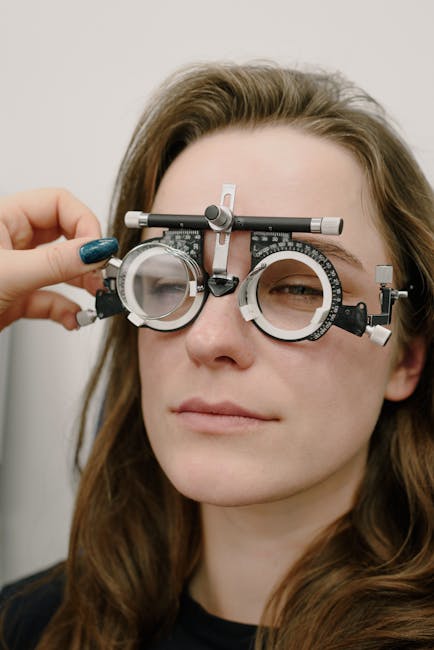 Guidelines to Consider When Selecting Opthalmologist
Guidelines to Consider When Selecting Opthalmologist
Choosing the right ophthalmologist is a crucial decision that can significantly impact the health of your eyes and the quality of your vision. An ophthalmologist is a medical doctor who specializes in eye and vision care, including diagnosis, treatment, and surgery of eye diseases. Whether you’re seeking care for a routine eye checkup, a chronic condition like glaucoma, or a complex procedure such as cataract surgery, finding the right specialist can be the difference between effective treatment and ongoing problems. Given the importance of eye health in everyday functioning, it is essential to make a well-informed decision when selecting an ophthalmologist. This involves more than just looking at credentials; several critical factors should be considered to ensure you receive the best possible care tailored to your unique needs.
First and foremost, the qualifications and experience of the ophthalmologist should be carefully evaluated. It is important to verify that the doctor is board-certified and has received formal training in ophthalmology from a recognized medical institution. Board certification ensures that the ophthalmologist has met certain standards of education, training, and competency set by a governing medical board. In addition, experience plays a vital role in the effectiveness of treatment. A more experienced ophthalmologist is likely to have encountered a variety of cases and conditions, which can lead to more accurate diagnoses and more confident treatment plans. For example, if you are seeking treatment for a specific condition like macular degeneration or diabetic retinopathy, it is advantageous to find a doctor who has considerable experience in managing such diseases. Moreover, familiarity with the latest technologies and surgical techniques can be an indicator of both expertise and commitment to staying current in the field.
Another key factor to consider is the range of services offered by the ophthalmologist or the clinic where they practice. Some ophthalmologists focus solely on certain specialties, such as retinal disorders or pediatric eye care, while others offer a broad spectrum of services, from routine eye exams to advanced surgical procedures. When evaluating a potential ophthalmologist, consider whether their services align with your current and future eye care needs. For instance, if you wear glasses or contact lenses, you may need regular checkups and prescriptions. If you are experiencing vision loss or have been diagnosed with an eye condition that may require surgery, you will want to ensure that your chosen ophthalmologist has the facilities and expertise to manage that treatment. Accessibility to comprehensive services under one roof can make follow-ups and long-term care more convenient and consistent, which is crucial for managing chronic conditions effectively.
Equally important is the ophthalmologist’s communication style and the overall patient experience they provide. When dealing with something as sensitive and vital as vision, you want a specialist who listens carefully to your concerns, explains conditions and procedures in a way you can understand, and involves you in decision-making about your treatment. A good ophthalmologist should make you feel comfortable and supported, rather than rushed or confused. Patient reviews and testimonials can offer insight into the doctor’s bedside manner, reliability, and how well they handle questions and follow-ups. Moreover, the quality of the support staff and the clinic’s atmosphere also play a significant role in shaping your experience. Friendly receptionists, organized appointments, and a clean, modern facility can all contribute to a smoother, more reassuring process. The level of attention and care you receive from your first consultation often reflects the overall approach of the practice to patient well-being.
Finally, logistical factors such as location, availability, and cost must be weighed carefully. Choosing an ophthalmologist whose office is conveniently located can reduce travel time and make it easier to attend regular checkups or emergency visits. Office hours are also important?look for a practice that can accommodate your schedule, particularly if you work full-time or have other responsibilities. Additionally, it is important to consider whether the ophthalmologist accepts your health insurance or offers flexible payment options. Eye care, particularly if it involves surgery or ongoing treatment, can be costly, so understanding the financial aspect is essential for planning and peace of mind. Being aware of all these practical details ahead of time helps avoid unpleasant surprises and ensures that you can maintain continuity of care without undue stress.